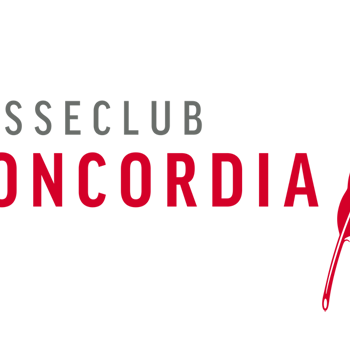Far-right Policies and Rhetoric are advancing in Europe: Is there a red Line?
Background
Far-right parties have been advancing in Europe and some of their discourses and policies have become mainstream. These parties may increase their influence after the upcoming 2023 elections in Slovakia and Poland, as well as after the 2024 European elections. Although their similarities are often evoked, their local policies may be quite different. Yet, as time passes by, both rhetoric and policies are becoming more extreme.
Is there a red line that cannot crossed? Does the red line differ from country to country?
Program
Panel 1: Far-right rhetoric and policies: what is the red line in Slovakia, Germany, Finland and Austria?
Austria: Bernhard Weidinger, senior researcher at the Documentation Centre of Austrian Resistance (DÖW) in Vienna. Academic advisor to to the Austrian Journal for Historical Studies and to erinnern.at, and Austria’s federal program for teaching and learning about National Socialism and the Holocaust.
Slovakia: Iveta Radičová, sociologist, Dean of Media Faculty, Paneuropean University in Bratislava. Slovakia’s Prime Minister (2010-2012); Minister of Defence (2011-2012), Minister of Labor, Social Affairs, and Family (2005-2006)
Germany: Ann-Katrin Müller, journalist, AfD expert, Der Spiegel
Finland: Tuija Saresma, gender expert, University of Jyväskylä
Panel 2: Far-right rhetoric and policies: What is the red line in Spain, Poland, Italy, and France?
Spain: Ramón González Ferriz, columnist, El Confidencial, book author
Poland: Karolina Zbytniewska, historian, sociologist, journalist, University of Warsaw
Italy/France: Alberto Alemanno, lawyer, professor, HEC Paris, advocate, author
Moderator: Mirjana Tomić, fjum/Presseclub Concordia



